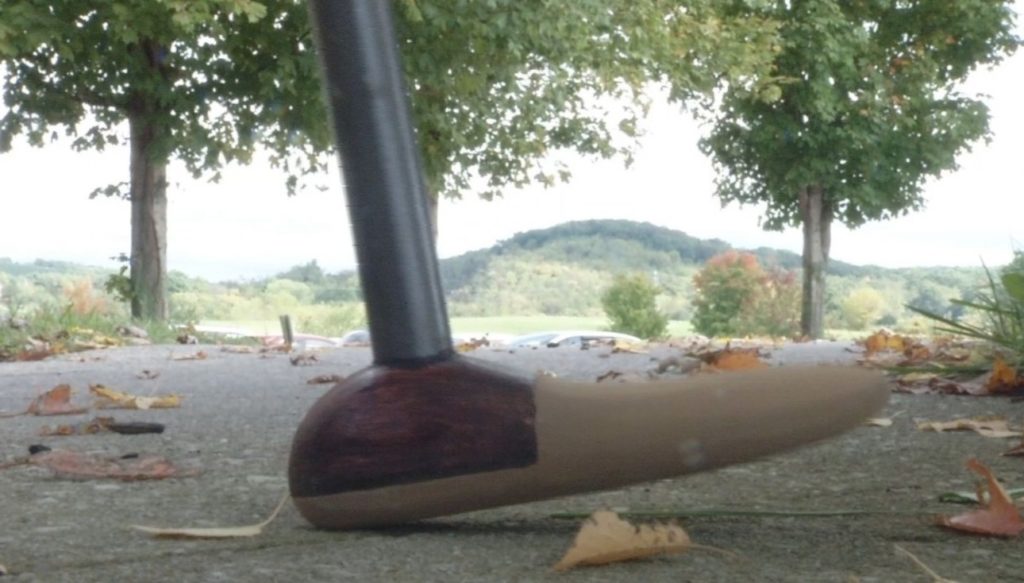RADFORD, Va. – The World Health Organization estimates more than 35 million people in the world have a disability and are in need of prosthetics, but often times they can’t afford them.
That’s why one Johnson City man and his business partner developed a way to make low-cost artificial limbs, giving hope to those who can’t afford to walk. News 5’s Kristi O’Connor met with the chairman of the non-profit called Hope to Walk to learn more about their mission. Two years ago, Michael Mabry, a med student from Johnson City went on a mission trip in Honduras with certified orthodist and prosthetist Phil Johnson.
“I’ve seen people literally with a stick, a thick stick and duct tape. And they walk on it without complaining,” Mabry said. The Hondurans they met, had no way to afford prosthetics, so the two men came up with an idea. “A normal prosthetic leg in our country costs anywhere from $5,000 to $7,000, that’s the cheapest leg,” Mabry said. Their design costs less than $100 per limb. “We had our first prototype leg, and we put it on a man named Carlos. We were just kind of praying that it worked, but he stood up and started walking without help after about 5 minutes,” Mabry said. When creating the leg, they made sure all of the materials could be found in developing countries. The socket is made out of fiberglass material, molding to each patient.
“We had a friend of mine who is in engineering school do tests on it, and it would not break even after 1500 pounds was put on it,” Mabry said. The leg shaft is made of wooden pipe, encased by plastic, similar to a PVC pipe. The foot has a wooden base, with a more flexible heel. “When they walk they are able to glide just like you or I do,” Mabry said. Three trips later, they’ve given 27 people in Honduras the ability to walk again. “When they get these legs and they are able to stand up and they say ‘How much, I can’t afford it.’ and we say ‘Nothing.’ That’s what it’s all about,” Mabry said. Because the materials can be found in any country, the plan is to eventually be able teach people in developing countries to make the prosthetics themselves, creating more jobs in those countries. Mabry and Phil Johnson paid for some of the trips and materials, but now they are looking for donations to make trips to other countries.
Submitted by Kristi O’Connor

